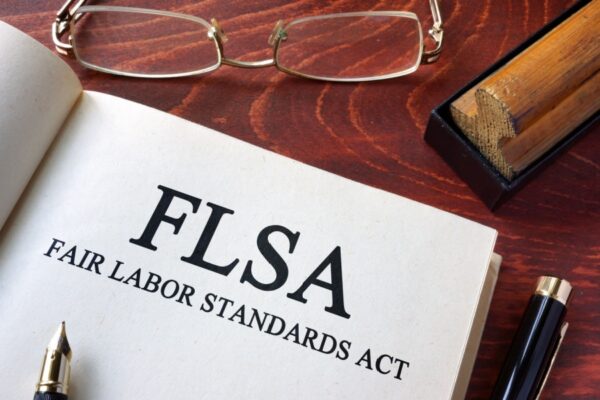By Mike Madey, MBA, RPLU, MJ, Vice President of Horton Risk Advisory Solutions and Healthcare Practice Leader
There is an old Chinese curse, which proclaims; “May You Live in Interesting Times.” Interesting times are certainly in vogue for the Healthcare Professional Liability marketplace.
Through the first half of 2019, we have begun to experience signs of hardening in the physician market for the first time in a decade. Physician carriers are beginning to take rate and reduce or eliminate dividends while tightening underwriting guidelines as well. While in the early stages, this is a wholesale change in market approach by a majority of the carriers across the country.
The senior care space is also going through a period of readjustment. Rates are increasing dramatically, retentions are going up, and underwriting ids are getting very tight. It is becoming common for providers in litigious venues to see rates and retentions double. For providers in non-litigious venues, the rate increases are less dramatic, but the entire industry is feeling the effect of the hardening.
The widening opioid crisis could also add to the turbulence if expanded theories of liability begin to creep into the provider space. States and municipalities are looking for ways to pay for the increased cost of care associated with opioid addiction (over 2,000 current lawsuits filed by various levels of government) and while the Oklahoma case has opened the door to manufacturers such as Johnson & Johnson and Purdue Pharma…could the next wave of litigation be targeted against physicians and other healthcare providers?
According to Diane Webster, a Partner in the Chicago office of Hinshaw and Culbertson:
We expect to see the suits come in, in the form of medical malpractice and/or wrongful death cases stemming from unnecessarily prescribing, overprescribing, failing to monitor prescriptions, and inadequate informed consent. For the hospitals and physician groups, we expect to see vicarious liability claims, mismanagement of the nursing staff, negligence in monitoring or regulating of prescribing, and negligence in establishing staff protocols in administering.
Now is a great time for all providers to review and take a hard look at their opioid protocol.
Material posted on this website is for informational purposes only and does not constitute a legal opinion or medical advice. Contact your legal representative or medical professional for information specific to your legal or medical needs.




